Jupiter Holdja (Jupiter’s Moon): Press conference with Kornél Mundruczó, Zsombor Jéger and Merab Ninidze
After 2014’s White God, Kornél Mundruczó has returned to Cannes with Jupiter’s Moon, an ambitious film that tackles religion, the refugee crisis, the supernatural and the struggle of faith. It is the second installment in what Mundruczó described at the press conference as his “trilogy of perspective and belief”. He compared Jupiter’s Moon explicitly to White God: “Both are about belief, about different perspectives from where you see a story. Hopefully, this movie will develop upon the questions asked in White God.”
The great novelty of the film is the Syrian refugee Aryaan’s ability to fly, and his defiance of gravity is captivatingly depicted. Mundruczó explained the process as “part choreographed and part improvised”. Aryaan, played by newcomer Zsombor Jéger, spends most of the film in this state of escape, which Jéger found particularly challenging to evoke: “I was looking for an existence, to channel an experience that is new when you arrive to a place. [The character] experiences these things with complete innocence. There was the technical difficulty as it wasn’t easy for me up in the air with the height, and there was the emotional difficulty due to the simple fact that I could go home and the character could not.”
To find someone to play the morally compromised Dr Stern, “a lost soul who is blind”, Mundruczó had targeted Georgian actor Merab Ninidze for several years and for several projects. The director explained his desire to work with the actor by saying that the latter’s skill stemmed “partly from his high-level acting and from his own personality”, citing such a combination as “very rare”.
Ninidze explained how he was finally won over by the director’s overtures: “He wouldn’t leave me alone. It’s a very nice story and I thank him for not giving up on me. I was scared. It was very demanding. I had to learn Hungarian, so there was a language barrier. It was that fear. I was persecuted by Kornél for years.”
Ninidze also articulated the liberation he felt working for Mundruczó: “As an actor, you don’t necessarily have an ideology behind what you do. Kornél erased everything I had done before this, so I could start from zero. I could do it as if it was the first time in my life. It opened the heart of me as an actor… My personal opinion is in the character, but it is not visible of everybody. I grew up in the Soviet Union so I know how it feels to be oppressed and still remain a human being. You feel like you are born again, and that you are cleansed again.”
According to Mundruczó, both he and Ninidze attempted “to create a cinematic language to make it believable, to create the same reaction inside you as well as in the character”. The cinematic language of the film draws on several genres, from thriller to sci-fi to realist drama. Mundruczó stated that it is “not a movie you can put into a box easily”.
Of the two main characters’ relationship, which acts as the focal point of the film, Mundruczó added that he “really wanted to create this tension and this pressure inside this movie. Aryaan is an angel and he is a Syrian refugee. I didn’t want to do a Thelma and Louise-style relationship”.
Regarding the political issues that the film touches upon, the director stressed the international nature of the refugee crisis: “My country is a European country. Jupiter’s Moon – this is Europe. It is a European problem. [Hungary] is a country which has not given the best answers to those problems. There have been lots of mistakes and hysteria, supported by the government and supported by the nation, I must say… But from the inside it is not black and white, like it is on the outside. Europe is together in this crisis, and so there is a hope. What is humanity, what is love?”
He went on to add “We are in crisis, we are in chaos” and that Jupiter’s Moon is “a political movie, but it is not for our own government and Mr Orbán [Hungary’s Prime Minister]. My country’s problem is our problem. [Tyranny] scares me in Hungary and it scares me in different places. Is my film a criticism of my own government and my own nation? Yes and no”.
Mundruczó further explained the complex politics of the film. “You cannot use the same answers in cinema. The left, the right, the far right and liberals all have their own answers. But this film is politically incorrect”.
On future projects, Mundruczó stated that he would like to finish the trilogy, which he started with White God and hinted at a possible project with Bradley Cooper called Deeper.
Joseph Owen
Photo: Getty Images
Read our review of Jupiter’s Moon here.
Read more of our reviews and interviews from the festival here.
For further information about Cannes Film Festival 2017 visit here.

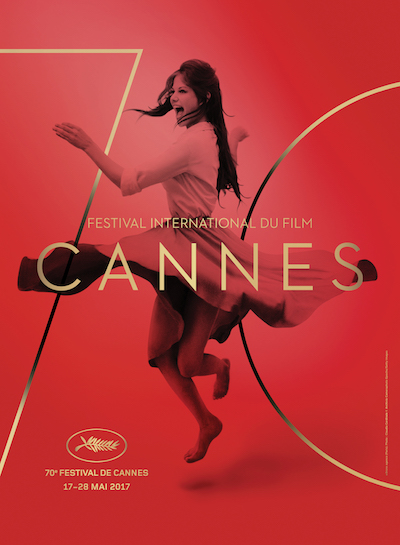

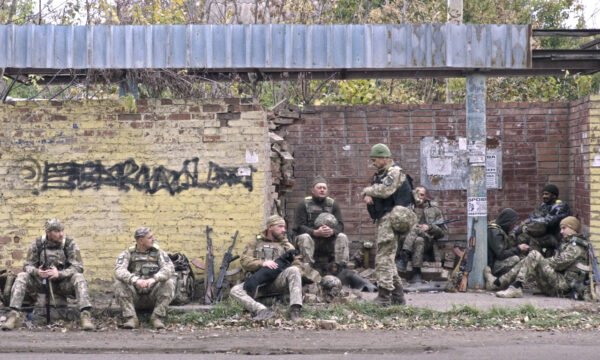
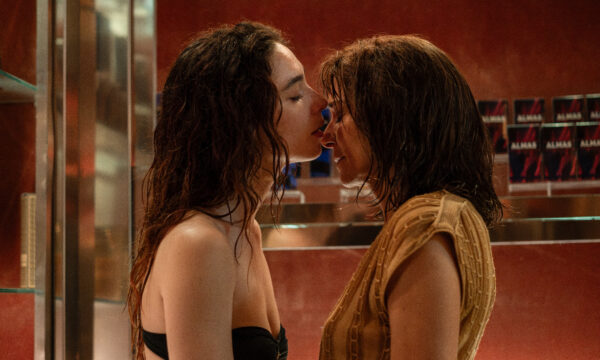
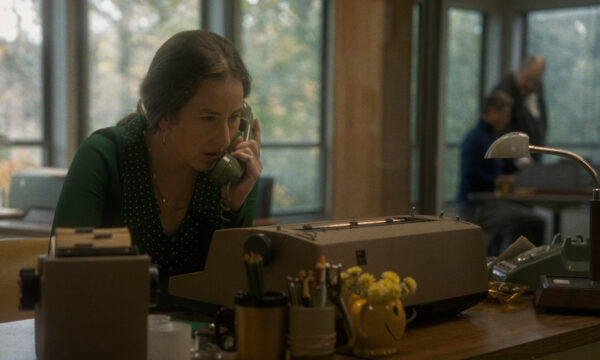


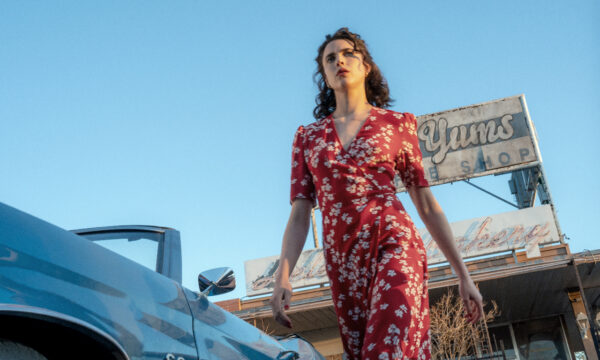
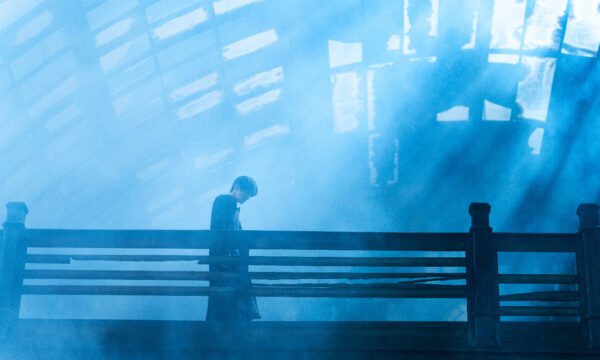
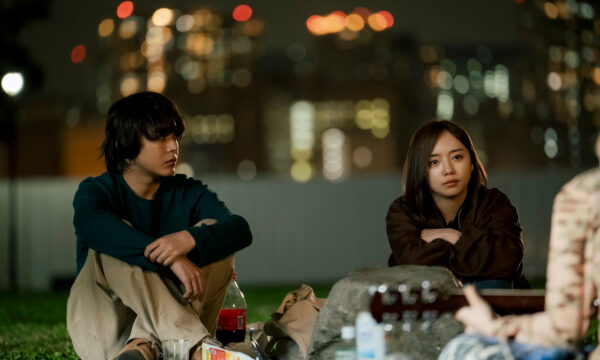















Facebook
Twitter
Instagram
YouTube
RSS